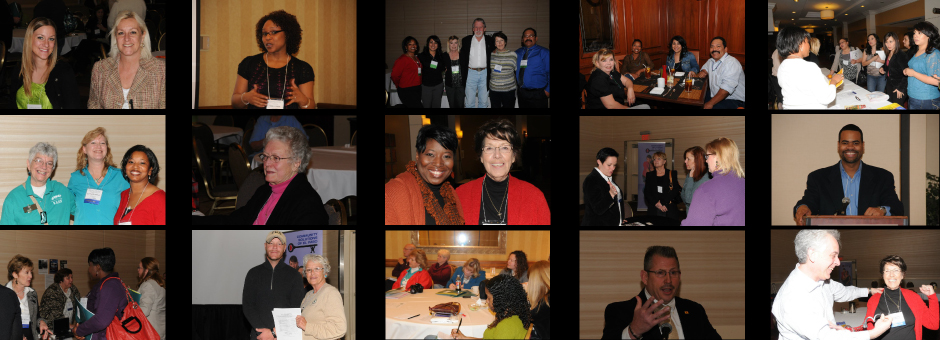Yesterday was exciting, as we sent out the announcement that the conference is coordinating the 1st-ever Annual National Prisoner FAMILY Month for May 2018. With each passing minute it has become clearer that this event is far past due!
All of which makes planning the 2018 10th anniversary conference all the more exciting, despite the fact the date is almost 16 months off! So we are planning a series of pre conference activities…many focused on advocacy, and we believe we’ve hit a high note with advocacy, because we we’ve finally learned something we should have known and responded to decades ago and it should make advocacy far more productive!
All of these years – FOR DECADES! — we have been asking, even demanding change; improvement; humane treatment for an entire population that the community at large cares nothing about. If they don’t care, they’re certainly not going to worry about making improvements! We are now referring to that lack of caring as the EMPATHY GAP.
EMPATHY FOR ANOTHER HUMAN BEING ONLY COMES IF WE CAN RELATE; IF WE CAN CONNECT on some level.
If we don’t find a connection, we don’t care about that person, and we are hardly going to move mountains for a person we don’t care about – right?
So, before we can even expect change, let alone demand it, we must first find ways to make people care.
Thus, our focus now has turned to CLOSING THE EMPATHY GAP.
We are finding ways to give our communities a reason to connect with the entire prison family – We are sharing our stories and by doing so we are showing others we have a lot in common; we are just like them! We are brothers and sisters; We are parents. We are sons and daughters. – We are school teachers or mechanics or business owners or employees.
We face daily challenges just like everyone else; we must repair flat tires and replace frozen water pipes; we rush children to the doctor when they have a high fever; we struggle to save money as prices soar; we muster energy to make dinner and play with the children after a long day’s work; we enjoy an occasional movie or a rare day at the beach with family and friends…and the list of our commonalities goes on and on, but the community doesn’t know it!
The community must know that we have many commonalities before they will care about someone affected by incarceration. Before they will care we must close the EMPATHY GAP. We can do that in part with our newly released Faces of Mass Incarceration documentary. The 32 minute film puts a face on real people directly affected by mass incarceration; the film humanizes real members of prison families; it gives community members reasons to connect with prison family members and bursts erroneous but frightening myths and stereotypes that blind the community to our commonalities.
Additionally, it was just announced in our July newsletter that the conference steering committee is now coordinating the 1stb Annual National Prisoner FAMILY Month scheduled for the full month of May 2018.
We are asking individuals, groups and organizations with concerns for the affects of mass incarceration to plan various events for their communities – viewing documentaries such as ours; inviting speakers; holding prisoner art displays and book signings, even featuring fun events such as family picnics, walks or runs…activities that will humanize, but also will shed light on the serious consequences of mass incarceration on families and communities throughout the country. You will be hearing a great deal more about National Prisoner Family Month.
We are holding several competitions between now and the next conference, and one of those is a writing competition that we welcome prisoners and their family members to participate in. We will also be holding a competition for a new logo for the conference. Keep watching for more information in our newsletters and posts on our Facebook pages.
Our focus remains on creating self-advocates. The Advocacy in Action Coalition continues to develop resources for use in advocating; this year we will be developing several one pagers – handouts addressing serious concerns with medical and mental health care of prisoners, as well as humane treatment of the entire prison family. So we are on a roll and believe once we humanize the prison family for the larger community to close the EMPTHY GAP – it will take a great deal of work – but when we do it, our road to achieving those things we’ve long been advocating for will be much easier.

